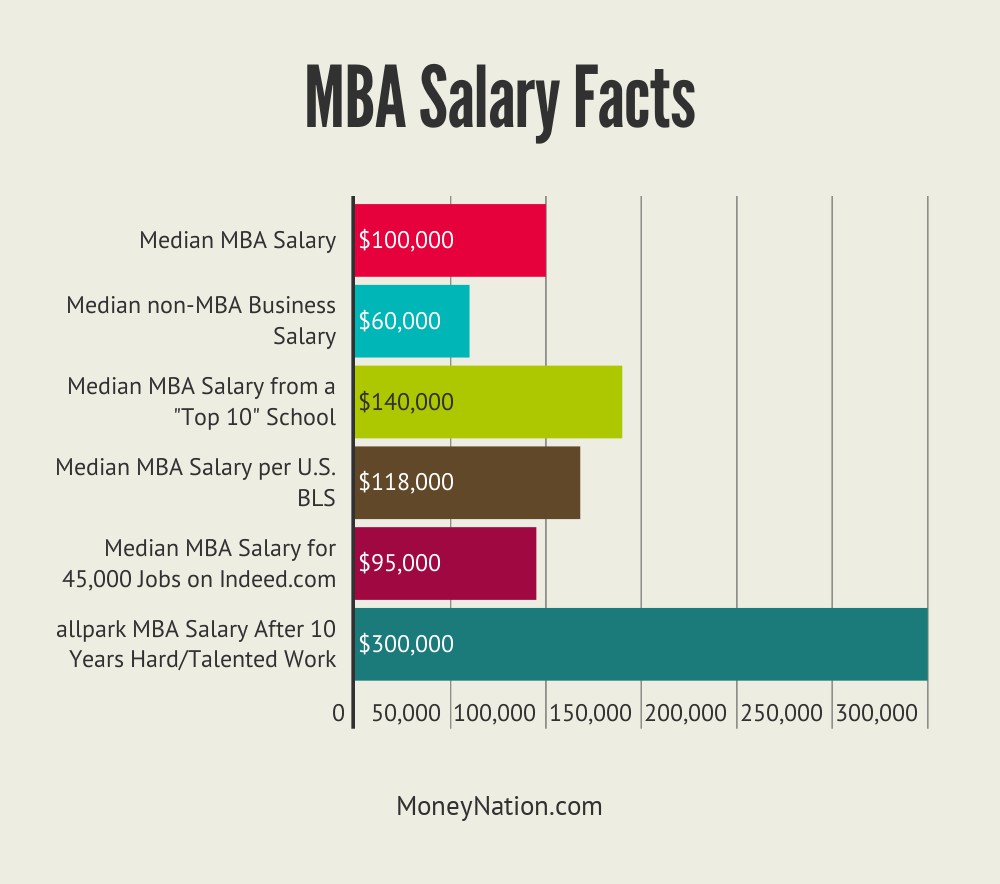Companies that pay for an MBA are on the rise, offering a unique opportunity for employees to advance their careers and enhance their earning potential. With the rising cost of education, this trend is providing a valuable pathway to higher education for many.
Companies that sponsor MBA programs recognize the benefits of investing in their employees’ education. These programs not only enhance employee skills and knowledge but also foster loyalty and retention.
Overview of Companies that Pay for an MBA
In recent years, there has been a growing trend of companies offering financial assistance to employees pursuing an MBA. This trend is driven by the recognition that an MBA can provide employees with the skills and knowledge necessary to advance their careers and contribute more effectively to the company’s success.
According to a recent survey, over 50% of Fortune 500 companies offer some form of financial assistance for employees pursuing an MBA. This assistance can range from full tuition reimbursement to partial scholarships or low-interest loans.
Benefits for Companies

There are a number of benefits for companies that sponsor employees’ MBA education. These benefits include:
- Enhanced employee skills and knowledge: An MBA can provide employees with the skills and knowledge necessary to be more effective in their roles. This can lead to increased productivity, innovation, and profitability for the company.
- Fostered employee loyalty and retention: Employees who feel that their company is invested in their development are more likely to be loyal and stay with the company for the long term.
Benefits for Employees
There are also a number of benefits for employees who take advantage of company-sponsored MBA programs. These benefits include:
- Advanced career prospects: An MBA can open up new career opportunities for employees. It can also help them to advance more quickly within their current company.
- Enhanced earning potential: Employees with an MBA typically earn more money than those without an MBA. This is because an MBA can provide them with the skills and knowledge necessary to be more effective in their roles and to take on more responsibility.
Eligibility and Selection Criteria
The eligibility criteria for company-sponsored MBA programs vary from company to company. However, there are some general requirements that are common to most programs. These requirements typically include:
- A bachelor’s degree from an accredited university
- A minimum number of years of work experience
- A strong academic record
- A commitment to the company’s values and goals
The selection process for company-sponsored MBA programs is typically competitive. Companies typically consider a number of factors when selecting employees for these programs, including:
- The employee’s performance in their current role
- The employee’s potential for future growth
- The employee’s fit with the company’s culture
Program Structure and Duration
The structure of company-sponsored MBA programs varies from company to company. However, most programs are designed to be completed in two to three years. These programs typically include a combination of coursework, projects, and internships.
The duration of company-sponsored MBA programs also varies from company to company. Some programs can be completed in as little as two years, while others may take three or more years to complete.
Financial Support and Reimbursement
The financial support offered by companies for MBA programs varies from company to company. Some companies offer full tuition reimbursement, while others may only offer partial scholarships or low-interest loans.
Reimbursement policies and repayment agreements also vary from company to company. Some companies require employees to repay the cost of their MBA if they leave the company within a certain period of time. Other companies do not require repayment, regardless of whether the employee stays with the company.
Impact on Employee Performance and Company Success
There is a growing body of research that suggests that company-sponsored MBA programs can have a positive impact on employee performance and company success. This research has found that employees who participate in these programs are more likely to be promoted, earn higher salaries, and be more satisfied with their jobs.
Company-sponsored MBA programs can also contribute to overall company success. This is because these programs can help to develop a more skilled and knowledgeable workforce. This can lead to increased productivity, innovation, and profitability for the company.
Outcome Summary
In conclusion, companies that pay for an MBA offer a valuable opportunity for employees to advance their careers and achieve their professional goals. The benefits for both companies and employees are significant, making this a win-win situation that is shaping the future of higher education.
FAQ Overview: Companies That Pay For An Mba
Who is eligible for company-sponsored MBA programs?
Eligibility criteria vary by company, but typically include factors such as job performance, years of service, and academic qualifications.
What is the typical duration of company-sponsored MBA programs?
Most company-sponsored MBA programs are designed to be completed in two to three years, while part-time programs may take longer.
How do companies provide financial support for MBA programs?
Financial support can vary, but many companies offer full or partial tuition reimbursement, as well as coverage for books and other expenses.